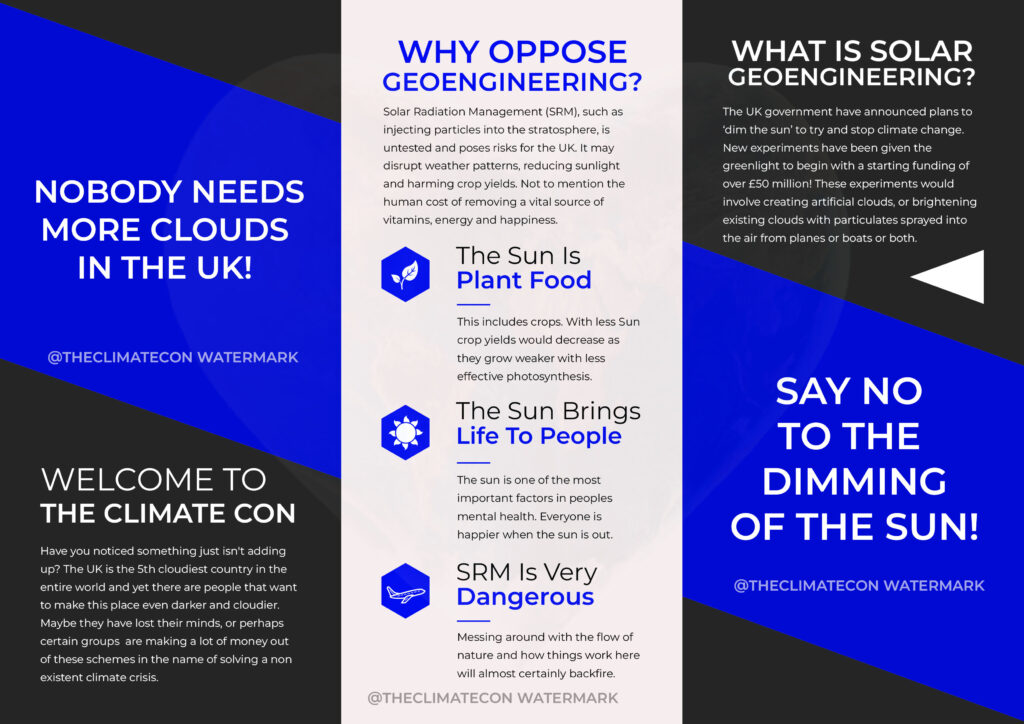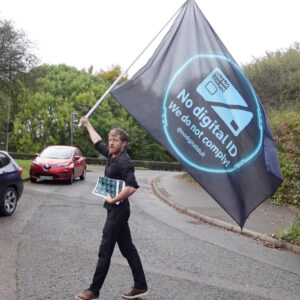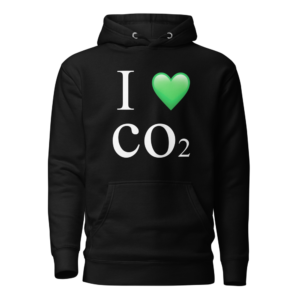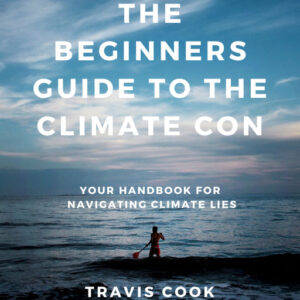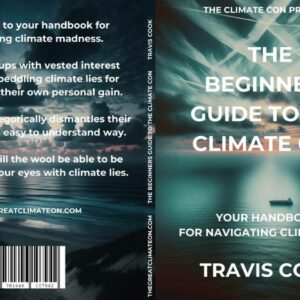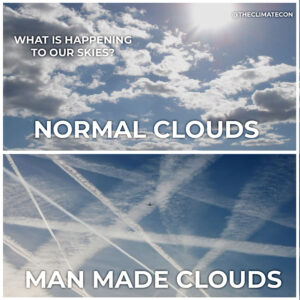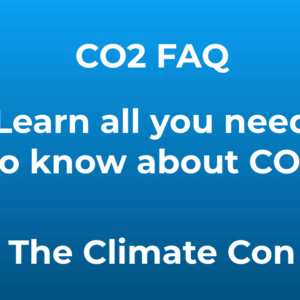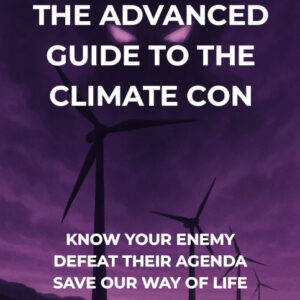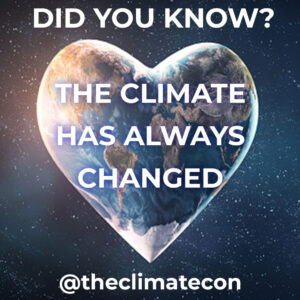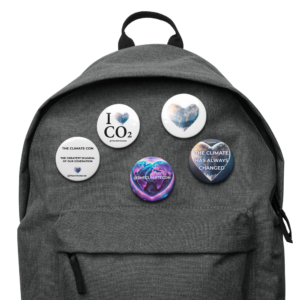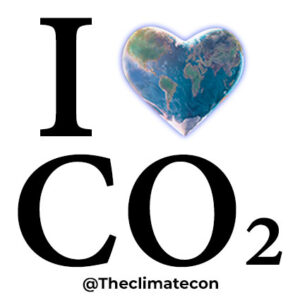Cause taxing cows will sort out all our problems, right!?
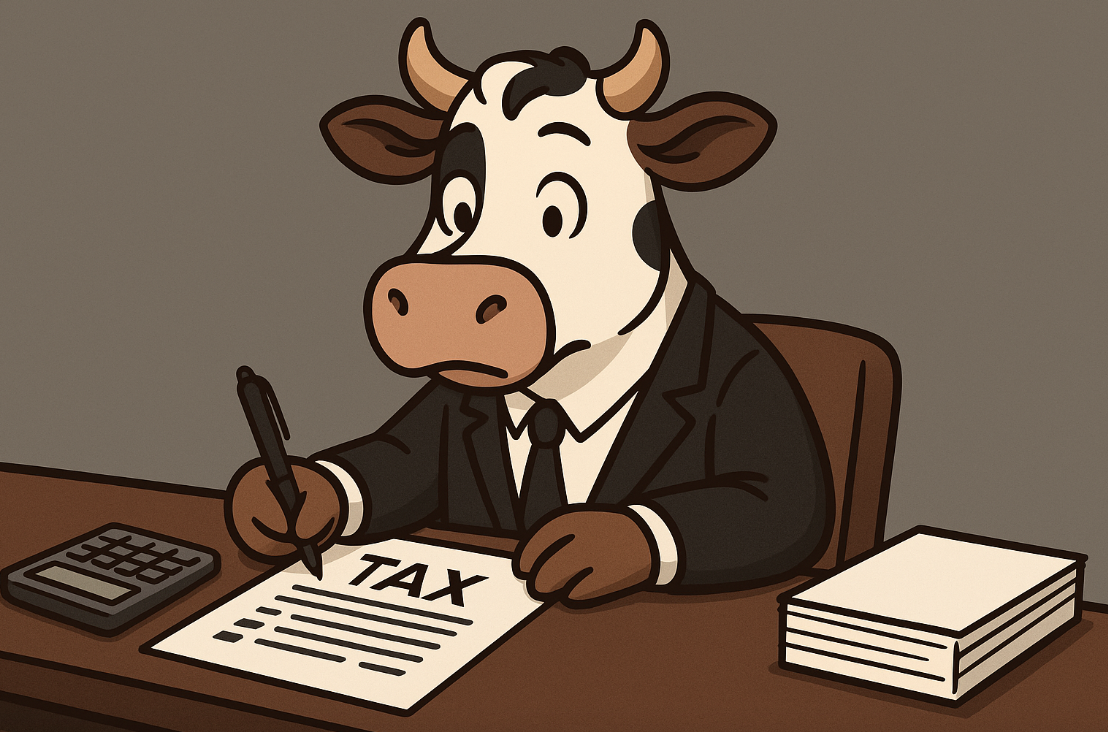
The Biogenic Carbon Cycle: A Misunderstood Process
This cycle means that stable livestock populations do not contribute to a net increase in atmospheric greenhouse gases over time. In fact, well-managed grazing systems can enhance soil carbon sequestration, as trampling and manure deposition stimulate grass growth and store carbon in the soil. Denmark’s dairy industry, a cornerstone of its economy, is already adopting practices like rotational grazing and feed additives to reduce methane emissions. Taxing farmers for a natural process they are actively working to optimize is not only unfair but also ignores the regenerative potential of livestock farming.
Meat and Dairy: Good for the Planet, Good for People
Meat and dairy are unparalleled sources of bioavailable nutrients like protein, iron, zinc, and B vitamins, which are difficult to obtain in sufficient quantities from plant-based diets. The push to vilify animal agriculture often overlooks the nutritional deficiencies that arise from reducing meat consumption, particularly in vulnerable populations like children and the elderly. By taxing dairy farmers, Denmark risks making these essential foods more expensive, potentially exacerbating food insecurity and undermining public health.
The Carbon Cow Tax: A Desperate Move By The Climate Cult
The policy also risks undermining Denmark’s competitiveness. As Kristian Hundeboll of DLG Group noted, unilateral action without alignment with EU legislation could put Danish farmers at a disadvantage compared to their global counterparts. Targeting farmers, a group already grappling with excessive bureaucracy, as evidenced by recent protests across Europe, seems like a desperate move by the climate cult to further their decades long agenda of world control.
As can be seen in the video below, the climate cult make no qualms in who their enemies are. It’s you, me, the farmers, anyone who is still free and enjoying this world and its abundance, is a threat in the eyes of the climate cult.
Also, with the moves the Climate Change Committee are making, it would be no surprise if they tried something similar here. Below is an extract from their latest carbon budget. There is no way the UK public will accept this. This is why massive amounts of money, time and energy is being spent to try and change your thoughts and beliefs so your actions will align with this agenda. The Climate Con movement is not sitting by idly whilst this insane agenda attacks our way of life. We will fight for victory till the bitter end.
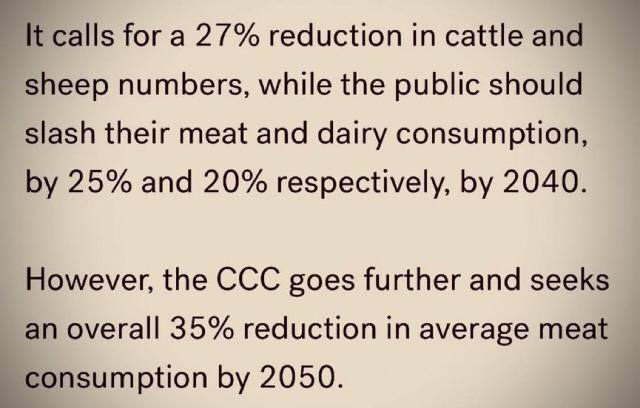
CO2 and Climate: A Broader Perspective
Methane, often demonised as a “potent planet-warming gas,” is a minor player in the climate system. Its short atmospheric lifespan and relatively low concentrations (about 1.9 ppm) mean its impact is overstated compared to CO2. Global livestock numbers have remained relatively stable, meaning their methane emissions are not driving atmospheric accumulation. The obsession with reducing livestock emissions ignores these realities and diverts resources from more pressing environmental challenges, such as improving land management or addressing actual pollutants like plastics and industrial runoff.
The Beginners Guide To The Climate Con
Stop Solar Geoengineering - The New Leaflet
Continue Your Learning
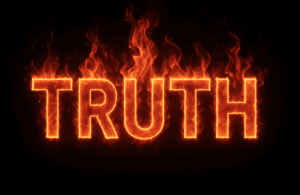
Climate Working Group Disbanded
Our enemies cannot handle a debate because the truth is too powerful. Instead, they do everything possible to silence opposition.
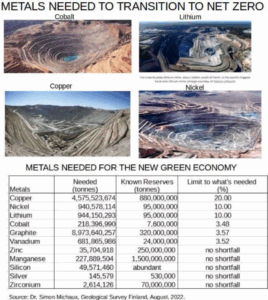
Net Zero Is Mathematically Impossible
Not only does net zero fail a logic test, it fails a maths test even more significantly. Numbers and facts don’t lie, no matter how loud the climate cult cry.
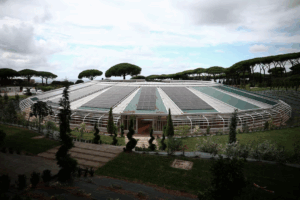
A Ridiculous Foray into Eco-Fantasy: The Vatican’s “Borgo Laudato Si” A New Climate Cult Centre
For some reason the pope is joining the ranks of the climate cult and is opening a new eco centre to supposedly inspire others to join the climate cult.

Net Zero Banking Alliance Defeated
The net zero banking alliance all but admits defeat as they pause operations and their future hangs in the balance of a members vote.

The Climate Is Always Changing And That’s A Good Thing
The climate is always changing and that is a good thing. I could adapt to it being a bit warmer in the UK quicktime, how about you?

Oil Rig Parts Maker Nearly Completely Abandons Operations Due To ‘cult of carbon’
The UK is getting left behind as the decimation of our industry continues under the banner of net zero. When we realise we don’t need any of this and claim our true abundant destiny?
Our Products
-
Clothing
I Love CO2 Hoodie
£28.00 – £30.00 This product has multiple variants. The options may be chosen on the product page -
Accessories
Chemtrail Awareness Sticker 2
£3.33 – £3.83 This product has multiple variants. The options may be chosen on the product page -
Accessories
The Climate Has Always Changed Sticker
£3.33 – £3.83 This product has multiple variants. The options may be chosen on the product page -
Accessories
I Love CO2 Sticker
£3.33 – £3.83 This product has multiple variants. The options may be chosen on the product page
Track The Cost Of Net Zero
Stay ahead of the transition with real-time cost monitoring and optimization tools.
Access Cost Trackers →

